Technology Adoption Trends in UAE
The UAE has long been recognized as a leader in embracing technological advancements, fostering an environment that encourages innovation and digital transformation. As the nation continues to evolve, the trends in technology adoption in UAE are shaping various sectors, from government services and healthcare to education and finance. This article explores the key trends in technology adoption and the implications for businesses and society in the UAE.
Government Initiatives Driving Technology Adoption
One of the most significant drivers of technology adoption in UAE is the government’s proactive approach to digital transformation. Initiatives such as Dubai’s Smart City initiative, Abu Dhabi’s Ghadan 21 program, and the Dubai Digital Economy Strategy outline ambitious goals to make the UAE a global leader in various fields, with technology at the forefront. The Smart Dubai initiative, for example, aims to make Dubai the happiest and smartest city in the world by leveraging cutting-edge technologies such as blockchain, artificial intelligence (AI), and the Internet of Things (IoT).
The Dubai Digital Economy Strategy focuses on enhancing the emirate’s digital infrastructure, fostering innovation, and creating a supportive environment for digital businesses. These initiatives create a robust framework for technology adoption, encouraging public and private sectors to innovate and integrate new technologies into their operations. This governmental push towards digitalization ensures that the UAE remains competitive on the global stage and improves the quality of life for its residents.
The Rise of Artificial Intelligence
Artificial intelligence is one of the most transformative technologies being adopted in the UAE. The country launched its AI strategy in 2017, aiming to become a global leader in AI by 2031. This strategy focuses on integrating AI across various sectors, including healthcare, transportation, and education.
In healthcare, AI is being used to enhance diagnostics, personalize treatment plans, and manage patient care more efficiently. The transportation sector is witnessing the introduction of autonomous vehicles and AI-driven traffic management systems. In education, AI-powered platforms are providing personalized learning experiences and helping educators better understand student needs. These developments underscore the significant impact of AI on improving efficiency and driving innovation in the UAE.
Fintech and Digital Payments
The financial sector in the UAE is also experiencing a technological revolution with the rapid adoption of fintech solutions and digital payment systems. The UAE government’s support for fintech startups, coupled with a tech-savvy population, has led to a surge in digital banking, mobile payments, and blockchain applications.
Initiatives like the UAE Fintech Office and the Fintech Hive at DIFC provide a supportive ecosystem for fintech companies to innovate and grow. These efforts are transforming how financial services are delivered, making transactions more secure, efficient, and accessible to a broader population. The adoption of blockchain technology for secure and transparent transactions further enhances the credibility and reliability of financial services in the UAE.
Advancements in Smart Cities
The concept of smart cities is becoming a reality in the UAE, with cities like Dubai and Abu Dhabi leading the way. Smart city initiatives focus on leveraging technology to improve urban living through better resource management, enhanced public services, and increased sustainability.
Everything from waste management and public safety to energy consumption and traffic flow is being monitored and managed by IoT devices and sensors. Real-time data from these technologies aids in the decision-making process of city planners and raises the general level of efficiency in urban operations. The UAE is being held up as a role model for other cities across the globe by implementing smart city technologies, which also improves the quality of life for citizens.
E-Commerce and Digital Transformation
The e-commerce sector in the UAE has seen exponential growth, particularly in the wake of the COVID-19 pandemic. The trend towards e-commerce has expedited the assimilation of digital platforms and technologies by both consumers and retailers. E-commerce giants like Amazon and Noon have expanded their presence, while local businesses are increasingly adopting digital strategies to reach a broader audience.
This trend towards digital transformation in retail is supported by robust logistics infrastructure, advanced payment systems, and a tech-savvy population. The growth of e-commerce highlights the broader trend of digital transformation across various industries in the UAE, driving economic growth and enhancing consumer experiences.
Conclusion
The trends in technology adoption in UAE reflect a forward-thinking approach that prioritizes innovation, efficiency, and sustainability. From government initiatives and AI advancements to fintech solutions and smart city developments, the UAE is positioning itself as a global leader in technology adoption. For businesses and investors, these trends offer significant opportunities to participate in and contribute to the UAE’s dynamic and rapidly evolving technological landscape.

